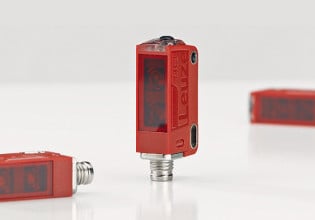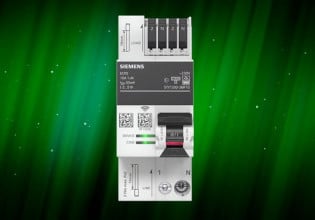Hello people.
I had an interview a week or so ago and during the more general chat I have either misheard something or come across something that doesn't seem normal.
that being that a fella said he was in the process of swapping some signals from Fieldbus to 4-20ma.
have I simply heard wrong or is there a reason why someone might swap a working loop from Fieldbus to 4-20ma.
I'm no expert AT ALL but I thought Fieldbus was advantageous in every way.
The loop/signal in question was on a Delta-V ICSS system.
If anyone can give me any insight it would be greatly appreciated.
Kind Regards
Marty
I had an interview a week or so ago and during the more general chat I have either misheard something or come across something that doesn't seem normal.
that being that a fella said he was in the process of swapping some signals from Fieldbus to 4-20ma.
have I simply heard wrong or is there a reason why someone might swap a working loop from Fieldbus to 4-20ma.
I'm no expert AT ALL but I thought Fieldbus was advantageous in every way.
The loop/signal in question was on a Delta-V ICSS system.
If anyone can give me any insight it would be greatly appreciated.
Kind Regards
Marty






